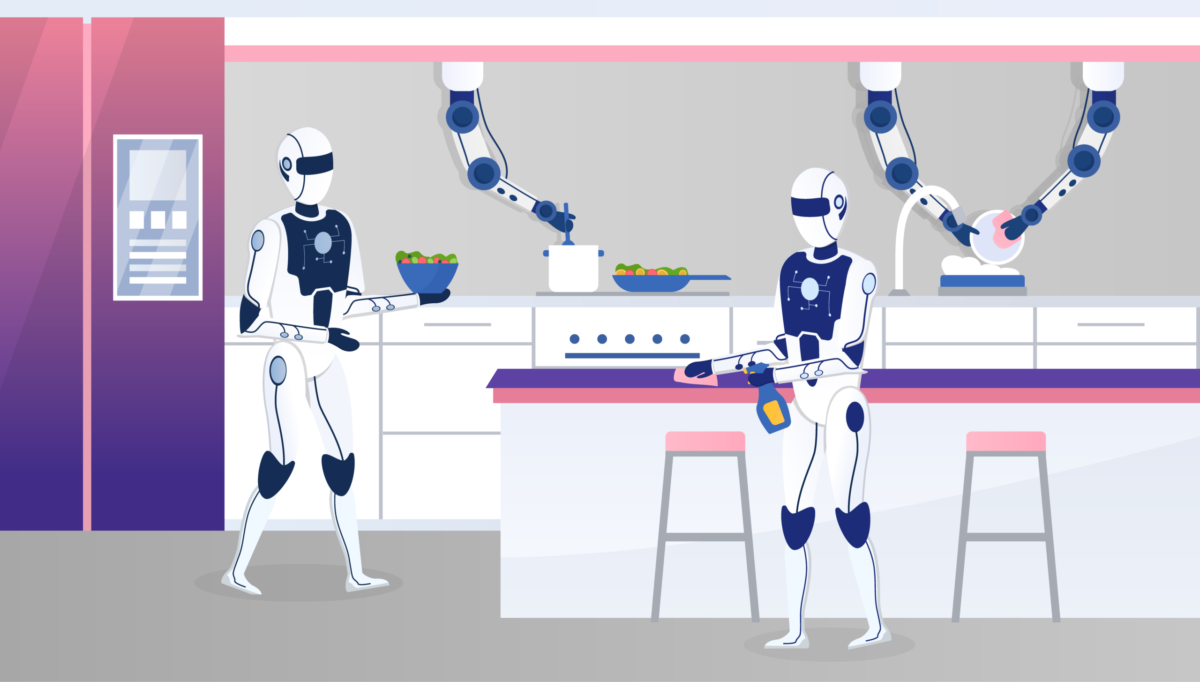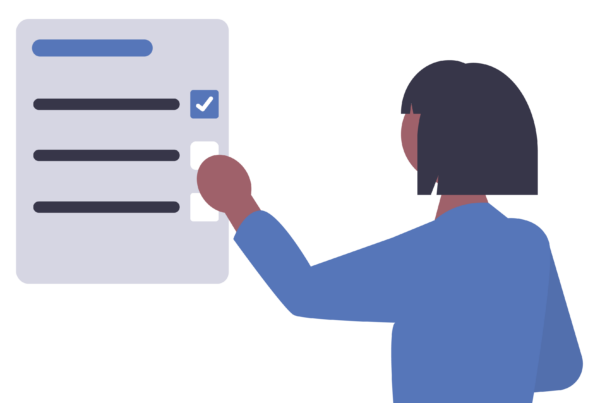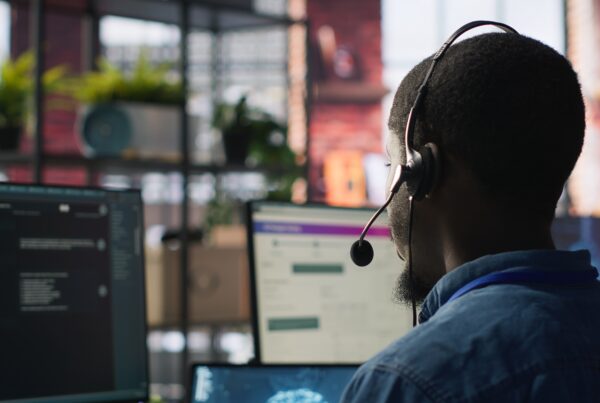
It’s hard to imagine a future where your fridge is being used by terrorists to bring down websites and potentially access confidential data. However, that is exactly what could happen.
Hackers attacked a company called Dyn which is in charge of routing (directing) an enormous amount of Internet traffic. The hackers did this by installing software on devices like webcams and printers…without anyone realizing it was there. That software was then triggered to hit Dyn with a ton of traffic. Queue Dyn crashing, and the Internet in large parts of the States effectively giving a busy signal. It’s unclear who’s responsible, but the FBI’s looking into it. This comes at a time when election-related hacking (Clinton campaign emails) already has a lot of people concerned about cybersecurity.
Dyn officials said attacks stemmed from tens of millions of devices connected to the internet — closed-circuit video cameras, digital video recorders and even thermostats — that were infected with malware. Attacks came in waves and from IP addresses from around the world, which shifted geographically.
Members of a shadowy hacker collective that calls itself New World Hackers claimed responsibility for the attack via Twitter. They said they organised networks of connected “zombie” devices that threw a staggering 1.2 terabits per second of data at the Dyn-managed servers. The problem is that in the rush to connect all devices to the Internet (The Internet of Things) designers and manufacturers are ignoring security. So although it’s cool to think that you can manage your home media system from your phone, or check with your fridge on whether or not the milk has expired, it’s not that cool when you become an accomplice to wide-scale International hacking.
It also raises questions about what else hackers could do with your connected devices. Your home entertainment system may not have a microphone but did you know you can use a speaker as a microphone? Meaning if your home entertainment system is entirely digital and connected to the Internet a hacker could use it to eavesdrop. And if your alarm system is connected whats stopping hackers from seeing when you aren’t home? These are the more extreme examples but there are lots of subtle breaches of privacy which could occur too. When IoT fridges come out with cameras wouldn’t it be tempting for these manufacturers to sell data about your eating habits to marketing companies?
This opens up huge questions around the Internet of Things. Legally, for instance, can you or the manufacturers of these devices be held accountable if one of them is used to hack? Technically, what should you do about making sure you’re safe when the time comes? A firewall at home? Will you need to buy and keep special security software up-to-date? Make sure any devices you buy adhere to some sort of International IoT security standard? And if these standards are created who will police them?



